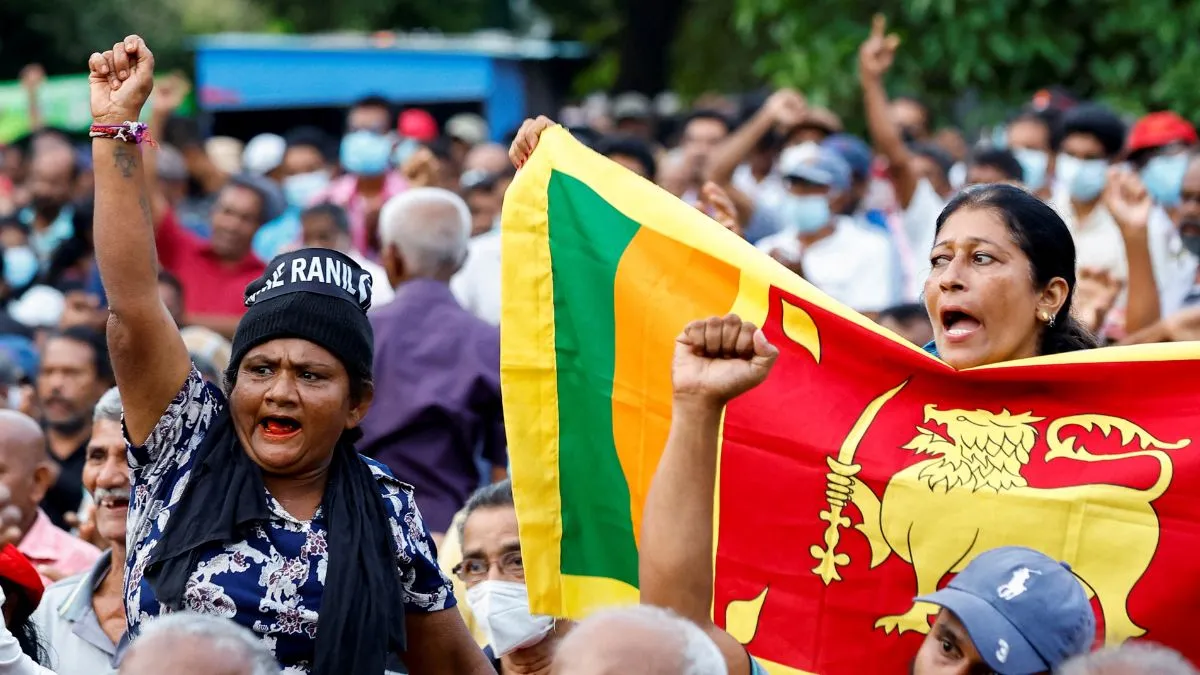Sri Lanka Presidential Elections Highlight Gender Disparity in Politics

Sri Lanka Presidential Elections Reveal Gender Gap
Sri Lanka is heading towards its presidential elections this month, and not one woman contender is among the 38 candidates. This absence is stark, especially as women represent over 52% of Sri Lanka's electorate. Historically, while the island nation was a pioneer in electing female leaders, such as the world's first female prime minister, the current political scenario displays a troubling trend.
The Current Landscape of Female Representation
- Only 5.3% of parliament members are women.
- Women in Sri Lankan politics have consistently held less than 7% of parliamentary seats since 1931.
- The current cabinet features just one woman among 16 ministers.
Parliamentarian Harini Amarasuriya emphasized that quotas alone won't suffice for true change. She advocates for a broader approach to enhance women’s involvement in political leadership. Meanwhile, the patriarchal bias within political parties continues to hinder female participation, as highlighted by Nimalka Fernando of the Women’s Political Academy.
Hurdles Experienced by Women in Politics
The personal experiences of activists like Samudra Jayalath illustrate the challenges women face in politics. Political aspirations often remain unfulfilled unless linked to prominent political families. The three main candidates for the presidency have differing views on enhancing women's roles in governance.
- Ranil Wickremesinghe: Advocates special measures for women's representation.
- Sajith Premadasa: Aims to improve maternity laws.
- Anura Kumara Dissanayake: Focuses on labor law modernization.
With elections on the horizon, pressing inquiries linger on how to overcome systemic obstacles and promote a more equitable political sphere in Sri Lanka, ensuring that women’s voices are not just heard but represented.
This article was prepared using information from open sources in accordance with the principles of Ethical Policy. The editorial team is not responsible for absolute accuracy, as it relies on data from the sources referenced.